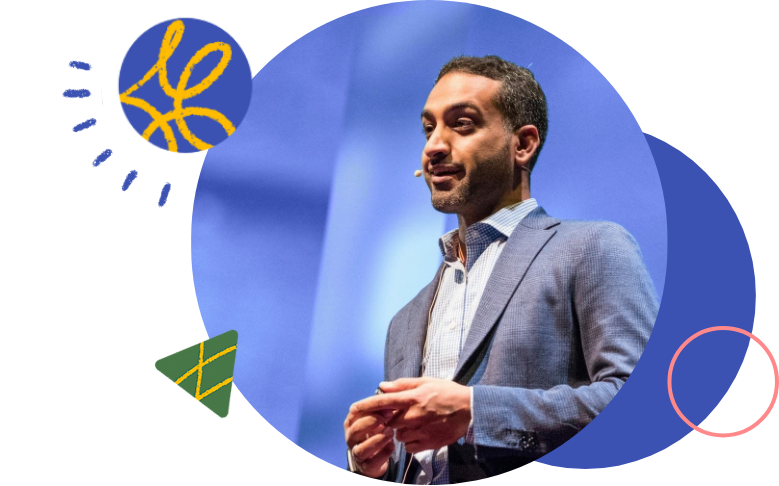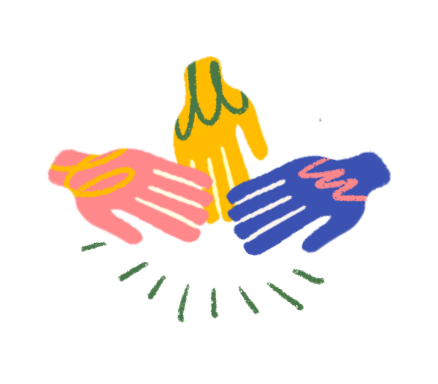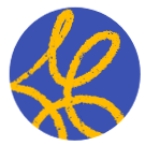Solutions
Training
Training is an important first step in raising awareness and creating a common language to have safe and productive conversations about bias that help build stronger, diverse and more inclusive teams and practices.

We raise awareness, build knowledge and drive impact
We have helped organizations across North America transform their approach to equity, diversity and inclusion. Our training team has diverse experience that make our programs highly relatable to people across sectors, levels and familiarity with these topics.

Workshops
These highly interactive sessions can range from 2 hours to a full day. They are aimed at small groups to maximize discussion and participation. We’ll interview your team in advance to make sure the workshop is tailored to you so that it’s practical and relevant.

E-Learning
Our interactive online learning programs deliver impactful equity, diversity, and inclusion training to any person, anywhere, any time.

Webinars
Our expert facilitators deliver engaging presentations best suited for mid to large-sized groups. There is interaction using tools such as polling and whiteboarding. Typically 60-90 minutes in length, this is a great way to introduce topics and engage a larger audience in an important conversation. Want to continue the conversation? Inclusivity provides discussion guides and resources for ongoing learning.

Keynotes
Need an engaging speaker or panelist for an upcoming conference or meeting? Our knowledgeable and charismatic team of experts deliver informative and thought-provoking presentations that will leave participants inspired to create meaningful change.
What topic would you like to start with?
We offer training on a broad range of topics. Some of our most commonly requested sessions include:

In today’s society, each of us has an identity that shapes how we see ourselves and others. Not only do our social norms and cultural backgrounds influence our experiences, they also set the course for how we view the world. This session equips participants with a robust and shared understanding of important equity, diversity and inclusion concepts and terminology. This will lay the groundwork for safe and productive conversations about building an inclusive culture going forward.

Unconscious bias exists in each person’s worldview, affecting our behaviors in the workplace. It refers to the implicit attitudes, beliefs, and stereotypes that affect our perception and decision-making without our conscious awareness. As a result, unconscious bias creates barriers to inclusion, performance and engagement. Understanding what unconscious bias is and how it impacts our decisions is key to fostering more inclusive and intercultural workplaces, practices and leadership. In this session, participants will learn what unconscious bias is and how it presents itself in the workplace, acknowledge their own biases and learn the basic steps of how to counter bias.

Navigating race, privilege, and equity is a critical component of building a more equitable and just society. This session provides foundational knowledge required to build a race conscious organization by helping individuals understand the complexities of race and privilege. By exploring our racial history, we begin to recognize why systemic barriers persist in the workplace and remain particularly stark for some racialized groups. We discuss racial privilege and allyship and encourage participants to reflect and make choices about how to give, share, use and withhold power to assist and act in solidarity with people who experience racial or ethnic marginalization.

An organization is only as strong as its culture—and all of us have a role to play in shaping that culture. Building an inclusive culture attracts talent, foster innovation and remove barriers for people from diverse backgrounds. This session explains important terms related to inclusion and provides the knowledge and tools necessary to build a culture of belonging where diversity is a strategic advantage.

Principles of Inclusive Language
Language can build relationships and forge connections, but it’s equally liable for creating barriers and impacting someone’s sense of belonging. When we are mindful in how we communicate, we can intentionally create respectful spaces for the colleagues we work with and communities we serve. As language evolves, our vocabulary, and empathy should shift in tandem. Participants in this training will learn the principles that underpin inclusive language and how to apply these principles. This helps us embed inclusive language into our everyday interactions and build a culture of belonging.

Foundations for Anti-Racism
In a racist society, it is not enough to be non-racist, we must be anti-racist” (Angela Davis). Anti-racism is an ongoing and active process of recognizing and addressing individual, institutional, and systemic racism. Engaging in this active process requires an awareness of how race and racism affect the lived experiences of racialized groups and identify how we might contribute, actively or unconsciously, to racism. In this session, participants will understand and apply key concepts related to anti-racism, oppression and privilege, understand how racial bias affects individuals and communities, and identify ways to implement anti-racist practices and act as effective allies.

Mitigating Unconscious Bias in Hiring
An organization’s ability to recruit and select talent in an inclusive way has a direct impact on the quality and diversity of talent. Successful hiring managers can build diverse teams who have enhanced abilities to be creative and innovative at work. Some employers go as far as to have targets with specific groups, yet they can’t seem to “find the diversity” in the talent pool. In this session, participants will learn some of the common missteps within the talent attraction process, discuss the impact of bias in the hiring process and learn leading practices to ensure they are attracting the best possible talent, reflective of the communities they serve.

Fostering a Growth Mindset: Creating a Safe Culture for Innovation
People with a growth mindset believe that ability and talent can be developed. This mindset allows us to better adapt and respond to challenges and opportunities, as well as unlock the potential in ourselves, our teams, and our colleagues. It turns out that organizations have mindsets too – and that fostering a growth mindset influences their ability to attract, promote and engage people from diverse backgrounds. In this session, participants learn about a growth vs. fixed mindset, identify their own mindset and its impact on their team/organization. Leaders taking this course will also leave with practical tools and strategies to promote a growth mindset in themselves and their teams.

Effective Allyship: Building Circles of Solidarity
More than ever, there is a need for us to acknowledge our individual role in creating more equitable and inclusive teams and organizations. To facilitate meaningful change, it is crucial for us to be visible allies and to follow through with tangible actions. In practice, allyship requires those with power and privilege to affect change in both the culture and systems that shape our organizations. Through this workshop, participants will understand what it means to be an ally, the core principles of allyship with practical tips that they can apply to everyday practices.

Accessibility and Building Workplaces That Work for All
In our communities and workplaces, 1 in 5 people have a disability. Therefore, creating accessible spaces where we live, learn and work is becoming a critical part of building an inclusive culture. In this session, we talk about leading practices for accessibility and challenge common assumptions about people with disabilities. Participants will learn about the different barriers faced by people with disabilities and how to make their workplaces and the services they provide inclusive, accessible and barrier free.

Pride at Work: 2SLGBTQIA+ Inclusion in the Workplace
While acceptance of 2SLGBTQIA+ people is increasing, many people in the community experience significant discrimination and harassment. There continues to be new and existing legislation in North America and around the world which seeks to limit the human rights, dignity, and safety of 2SLGBTQIA+ people. Workplaces have an obligation to create and maintain a safe and inclusive workplace for 2SLGBTQIA+ people. This webinar provides participants with a foundational understanding of the experiences of members of the 2SLGTBTQIA+ people in society in general and in workplaces specifically.
Don’t see the topic you are looking for? Contact us for more details on our suite of training programs
Participants will benefit through...

Awareness
We discuss key concepts and leading practices that help you notice and question “the way we have always done things”.

Application
We guide you through putting theory into practice by having you apply your learning to real-life scenarios. We facilitate this through activities and discussions with your colleagues.

Action
You learn and practice using real tools for change so that you can take action and apply what you learn in your own organization once you leave the training.
Find out how Inclusivity can help you build a inclusive workplace
Meet the team who will help you achieve your EDI goals

What our clients are saying






Inclusivity Analytics
Inclusivity Consulting










